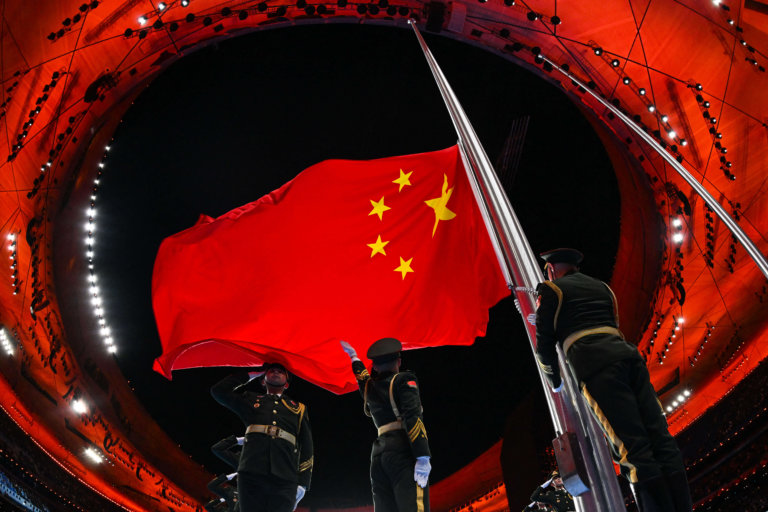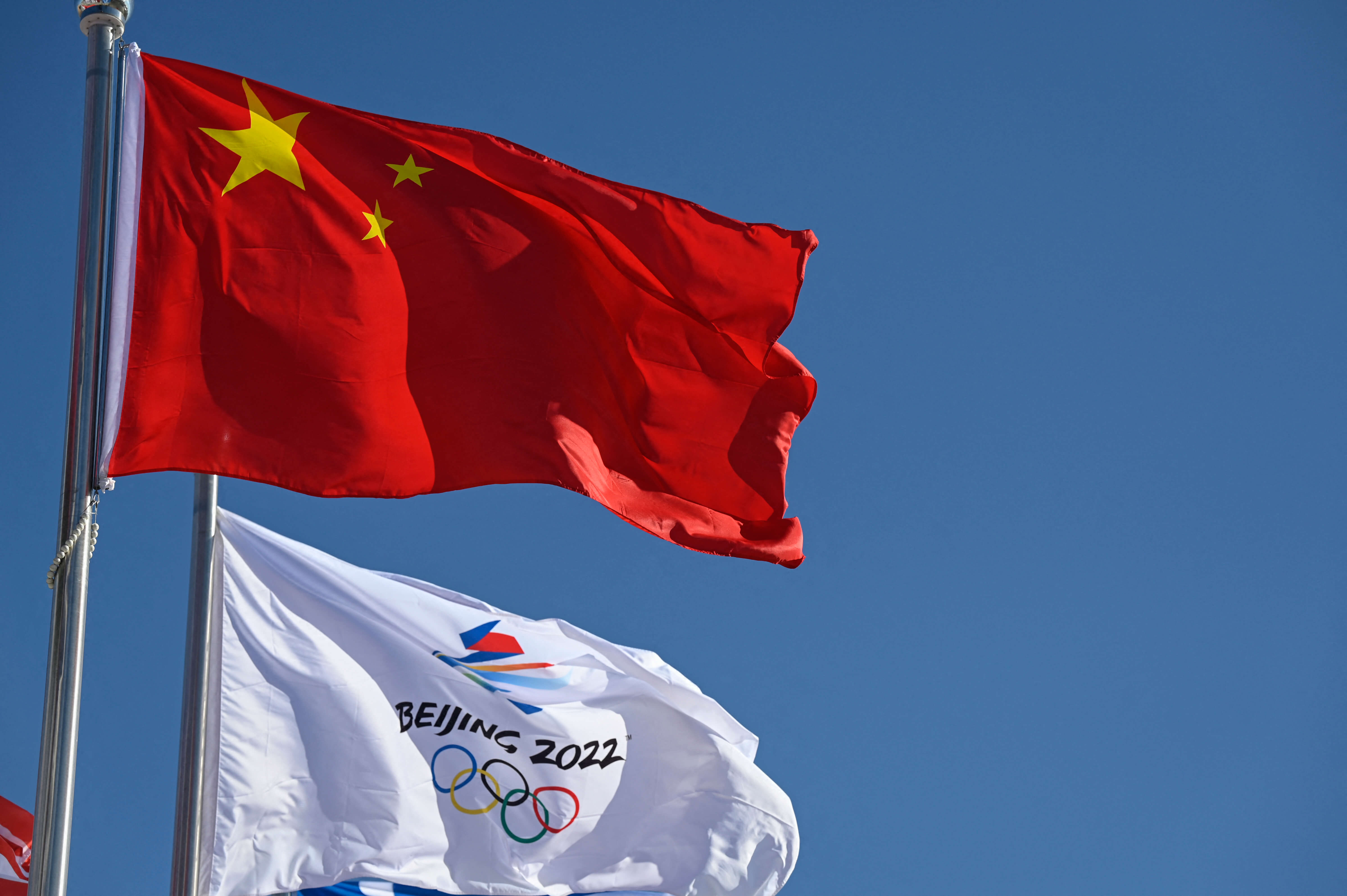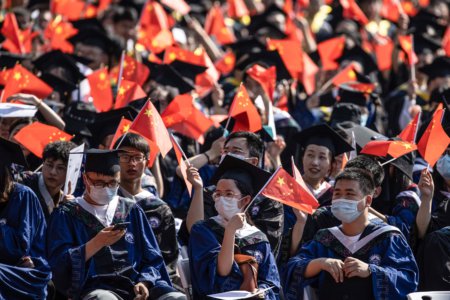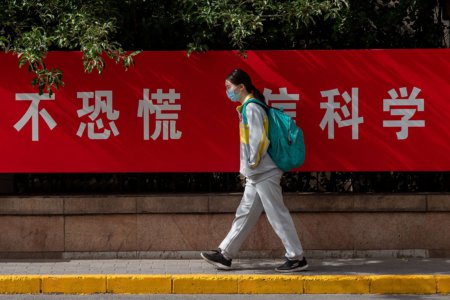
“The world is neither unipolar, multipolar, nor chaotic—it is all three at the same time.” So wrote distinguished scholar Joseph Nye, who first coined the term “soft power” some three decades ago to describe a nation’s ability to exert influence through its values, policies, and cultures in lieu of coercive power. The Winter Olympics in Beijing has reignited the discourse on China’s image and its soft power at the global stage while the country comes under scrutiny for a slew of diplomatic and human rights issues.
With barely any spectators in sight, the subdued Games sharply casts China’s pandemic strategy into the spotlight. It’s the only country in the world hell-bent on eliminating COVID-19 by any means through a “zero-COVID” measure to rein in the chaos that was first unleashed in Wuhan, while the rest of the world is learning to live with the virus. The consequences have been dire for non-citizens. China’s international borders have yet to open since March 2020, leaving foreign workers and around half a million international students stranded abroad.
“They completely overlooked me and didn’t send any details on the course registration, opening dates, the start of lectures, or anything like that,” claims Sarah, an international student in China, to Study International. “I thought, ‘How can that happen? I’m completely isolated here.’ I wrote an email to the faculty and received no reply.”
Her story isn’t uncommon among those who still cannot return to campus. Poor communication and student support, subpar remote lessons, and bureaucratic loops all add to the boiling frustration of being locked out of Chinese universities indefinitely.
Many international students have fallen through the cracks, particularly women, who are stuck with the burden of care work at home while studying. Some have fled to countries with friendlier student visas and travel policies. Either way, one thing is becoming apparent: China’s image as a welcoming educational hub is fast losing its lustre.
China’s image in international higher education: soft power in peril?
In many ways, the zero-COVID policy is a tool for geopolitical grandstanding as much as it is a public health measure designed to curb rapid virus transmissions in the world’s most populous country.
“The zero-tolerance strategy is part of the [government’s] official narrative, to claim the success of the Chinese pandemic response model, the superiority of the Chinese political system,” said Dr. Huang Yanzhong, from the New York-based Council of Foreign Relations to the BBC last year. “So if you give up that strategy, and then you saw the cases increasing significantly, you know that would lead people to question the model.”

The Beijing Winter Olympics have put China’s zero-COVID strategy in the global spotlight, with many questioning China’s long-term viability of keeping its borders shut. Source: Jade Gao/AFP
Before the pandemic, China launched a concerted effort to internationalise its higher education by admitting foreign students in record numbers and issuing generous scholarships as part of President Xi Jinping’s move to advance its “people-to-people” initiative to boost China’s image in global diplomacy. Shutting eager students out of campus without considering their academic outcomes is a shocking turn of events.
“China’s border shutdown has been a soft power failure for the mainland Chinese government. Foreign students who might have taken to heart China’s rhetoric of enduring friendship and looked warmly on China as a trusted educational destination of choice have had to face the harsh reality of closed Chinese borders. Beijing’s pursuit of a ‘zero COVID’ strategy has meant dashed hopes and upended lives for thousands of students,” says Curtis Chin, former US Ambassador to the Asian Development Bank; and inaugural Asia Fellow of the Milken Institute.
Chin, who has shown vocal support to international students’ plight on his social media presence throughout the pandemic, adds: “While every nation must decide what is right for its own citizens when it comes to health policies and travel bans in the era of COVID-19, it is the lack of compassion, communication, and consistency in its treatment of international students that has undercut China’s internationsation efforts. Rhetoric and reality are far apart when it comes to internationalisation of education in China in the era of COVID-19”.
Cornered into an untenable situation, international students are finding it hard to maintain the optimism they once had for a country brimming with opportunities. “I remember people asking me, ‘Why do you want to go back to China?’” a student recalls to Study International. “The fact that they are not calling students back really breaks our hearts, because we’re really trying to defend China.”
The upbeat spectacle of the Beijing Winter Olympics and its motto of “Together for a Shared Future” ring hollow when the future of many students locked out of the country remains uncertain. China’s image as an academic powerhouse might survive, but many will no longer be blinkered by its promise as a land of opportunity.










